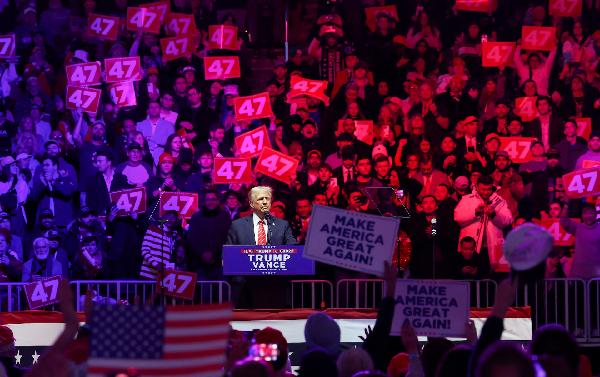Rising Trade Tensions: South Korea's Export Challenges
Under the Trump administration, U.S. import restrictions on South Korean goods doubled, a trend that may continue with Trump's announced stronger trade policies. Domestic companies are bracing for the dual challenges of tariff shocks and non-tariff barriers.

According to the Korea Trade-Investment Promotion Agency (KOTRA), the number of U.S. import restriction measures against South Korea increased from 23 cases at the end of 2016 to 46 cases by the end of 2020. This places South Korea among the top countries facing U.S. trade restrictions, following China and India.
Understanding the Impact: Anti-Dumping and Countervailing Duties
Anti-dumping and countervailing duties have been key tools in the U.S. trade policy arsenal. These measures aim to protect domestic industries by imposing tariffs on imports sold below market value or those benefiting from government subsidies. A notable instance was the 50% tariff on large South Korean washing machines in 2017.
With President Trump's announcement of even more stringent trade policies, including higher tariffs and potential carbon taxes, South Korean exporters are concerned about the implications for their trade surplus with the U.S., which surged to $55.67 billion last year.
Looking Ahead: The Future of U.S.-South Korea Trade Relations
Experts predict that the new Trump administration will continue to employ measures like the Regulations on Particular Market Situations (PMS) to impose high anti-dumping duties. The focus on domestic production policies and the use of trade restrictions and non-tariff barriers are expected to shape the future of U.S.-South Korea trade relations.









Comments